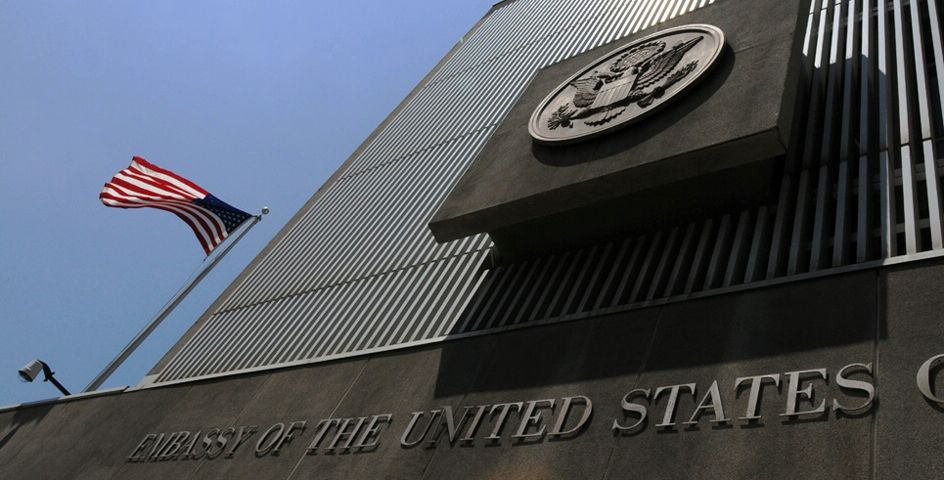Silver lining in the delay to move the US embassy to Jerusalem: New momentum to update the relocation law to recognize Jerusalem as part of Israel.
Covering events in the US capitol when Congress passed the “US Embassy Jerusalem and Recognition Act” in October 1995, there were great expectations that the US would then renounce its position adopted in 1948 that Jerusalem would not be recognized as a part of Israel.
There was also speculation that the US would abandon its position from 1948 stating that all of Jerusalem must be a corpus separatum – an international zone.
However, the final wording of the US Embassy Jerusalem and Recognition Act removed any explicit references to Jerusalem as part of Israel and made no promise that Jerusalem would remain the exclusive capital of Israel.
The late Faisal Husseini, head of the PLO Jerusalem committee, was present in Washington at the time, as was the architect of the Oslo process, Yossi Beilin, who was then the deputy foreign minister of Israel. Both Husseini and Beilin endorsed the new wording of the US Embassy Jerusalem and Recognition Act in 1995, as it was passed into law.
In other words, the US embassy relocation act did not violate two cardinal rules of US policy since 1948; Jerusalem was not to be recognized as a part of Israel, and Jerusalem could still become an international zone.
The US Embassy Jerusalem and Recognition Act preceded the War of Independence, declaring that Jerusalem must be defined as an international zone under US trusteeship, and remain extraterritorial to Israel. The US State Department went so far as to appoint its own governor for Jerusalem. The assassination of the UN envoy to Jerusalem in September 1948 suspended that process, but did not cancel US policy.
A case in point: The family of Ben Blutstein, a US citizen who was murdered by a terrorist bomb in July 2002 while eating lunch in the Frank Sinatra cafeteria at the Hebrew University, could not get the US State Department to allow his US death certificate to read “Jerusalem, Israel.” The same US policy applies to birth certificates. An American whose child is born in Jerusalem receives a birth certificate which defines the place of birth as Jerusalem, with no nation stated.
Meanwhile, the delay in the application of the relocation of the US embassy to Jerusalem can now energize the advocates of the US initiative to recognize Jerusalem as a part of Israel and to campaign for the US Congress and White House to act upon legislative changes that should take place before the US embassy is moved.
If the US embassy had moved to Jerusalem under the current constraints of US law, that would have established the “de jure” precedent that the US embassy would move without recognition of Israeli sovereignty in Jerusalem.
If the US still does not recognize Jerusalem as a part of Israel, the next time Israel objects to an Arab war education curriculum in Jerusalem, and the next time Israel objects to a given policy at the Western Wall, the US can simply repeat the mantra “Well, Jerusalem does not belong to you.”
Wise advice to those who have been so passionate in the fight to move the embassy to Jerusalem – Best to first ask Congress to enact a US law that would recognize Israeli sovereignty over Jerusalem.









